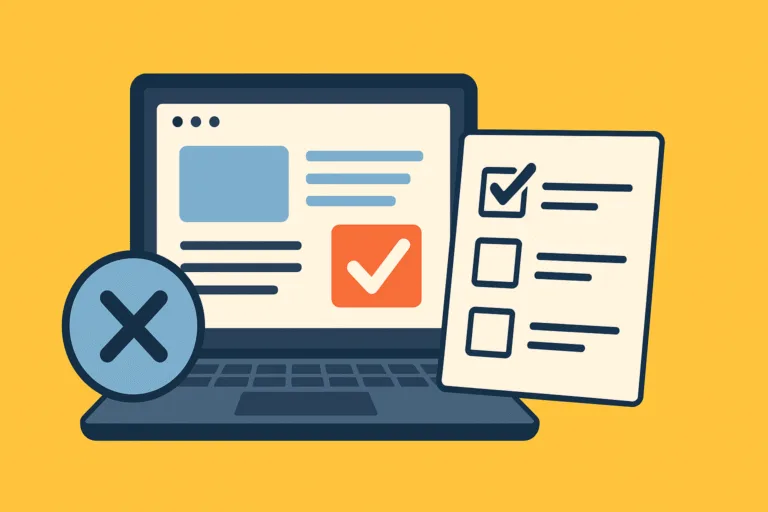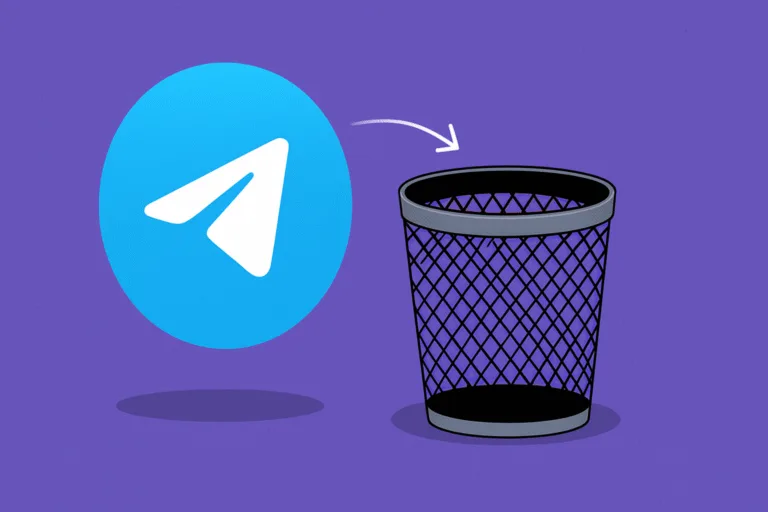The internet is woven into our daily lives, bringing endless ways to connect, learn, and be entertained. Yet, for some, the balance between healthy use and dependency quietly slips, often without them noticing until it feels like the online world has taken over.
Internet addiction can manifest in various forms, from excessive social media consumption to compulsive online gaming. Recognizing signs of internet addiction is imperative, given its impact on mental health, relationships, and overall well-being.
Signs of Internet Addiction
Addressing internet addiction is necessary for cultivating a balanced and healthy relationship with the online world while maintaining a fulfilling offline life.
Internet addiction can manifest through various signs, indicating an unhealthy relationship with online activities. One common sign is spending excessive amounts of time online, often to the detriment of daily responsibilities such as work, school, or personal relationships.
Feeling anxious, irritable, or restless when unable to access the internet is another indicator. Neglecting other hobbies or activities in favor of online engagement is also a red flag. Also, if one becomes preoccupied with thoughts of online activities even when offline, it may signal internet addiction.
Physical symptoms like eye strain, headaches, and disrupted sleep patterns can accompany excessive screen time. Social withdrawal, neglecting personal hygiene, and an inability to control online usage even after awareness of its negative consequences are further signs of internet addiction.

Dealing with Internet Addiction
Recognizing the signs of internet addiction is the first step toward implementing strategies to curb its impact. Here are some practical steps to help you deal with internet addiction.
Self-awareness
The first step in dealing with internet addiction involves self-awareness. Recognizing and acknowledging the extent of one’s online habits is important. This self-awareness allows you assess how internet use may be affecting various aspects of your life, from productivity to personal relationships.
Set Usage Limits
Establishing clear boundaries for internet usage is very important. Set specific time limits for online activities and adhere to them. This can involve allocating hours for internet use; creating a schedule that balances online and offline pursuits. When you consciously set limits, you regain control over your time.
Create Offline Activities
Actively engage in offline activities to replace excessive online time. Cultivating hobbies, spending time outdoors, or participating in community events are some ways to shift focus away from screens. Developing a set of offline interests contributes to a more balanced lifestyle.
Establish Tech-Free Zones
Designate specific areas, such as the bedroom or dining table, as tech-free zones. This practice promotes moments of disconnection, contributing to better sleep hygiene and face-to-face interactions with family. This can significantly contribute to breaking the cycle of internet addiction.
Support
Receiving support from friends, family, or professionals is instrumental in overcoming internet addiction. Discussing concerns with loved ones can provide some form of emotional support and encouragement. Loved ones can offer understanding, empathy, and practical assistance, making the process more manageable.
Use Productivity Tools
Use productivity tools to manage online time effectively. Applications that track and limit internet usage can be valuable in enforcing self-discipline. These tools allow you monitor your digital habits and gradually reduce excessive screen time. They also have the ability to monitor digital habits closely, providing insights into online activities and their duration.
Practice Mindfulness
Incorporating mindfulness practices can help you regain control over your thoughts and behaviors. Practices, such as meditation and deep-breathing exercises, promote a present-focused mindset, reducing the urge for impulsive internet use.
Overcoming internet addiction is indeed achievable with determination and the right support. Remember, it’s a journey, and taking small, consistent steps can lead to significant improvements.




